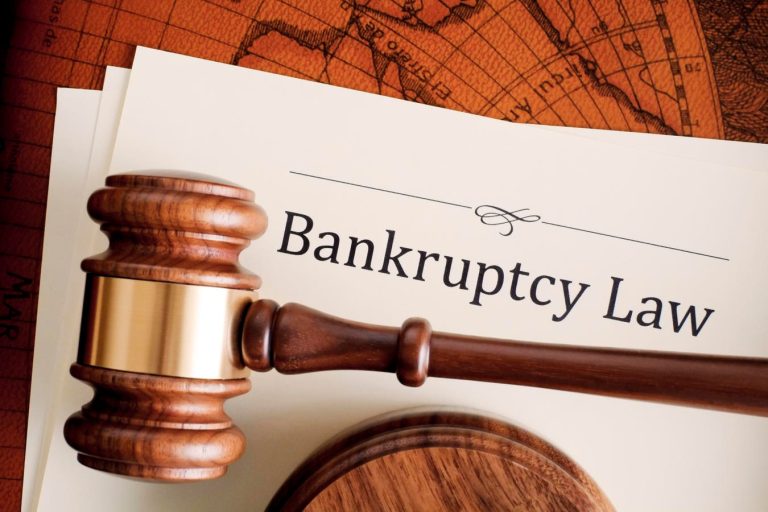In just a relatively short 25 years, the limited liability company (LLC) has become the entity-of-choice for nearly all purposes, with the almost singular significant exception of publicly-traded companies. The more popular the LLC has become, the more likely that a debtor who commences a case in bankruptcy will hold an LLC interest as an asset. A problem with this is that the current Bankruptcy Code dates back to several acts in the 1980s, with revisions in 1994 and 2005 — all of which were before LLCs really became popular. The result is the Bankruptcy Code has no specific provisions for dealing with a debtor’s LLC interests, meaning that debtors, creditors, the trustee, and the bankruptcy courts have to cobble together other parts of the bankruptcy law in particular cases to deal with LLC interests. Inevitably, this has lead to substantial confusion, contradictory opinions, patently incorrect opinions, and opinions that have reached the correct result through flawed reasoning. Today, we consider one of the latter.
Direct Biologics LLC is a Wyoming entity in which Dr. Kenneth Pettine held about a 2.5% membership interest. For whatever reason, Pettine filed for Chapter 7 bankruptcy, and a bankruptcy trustee was appointed. The trustee at first tried to sell the interest, but the LLC’s operating agreement had a provision which prevented that, so instead the trustee filed a motion for charging order and to liquidate (foreclose) the charged interest, which Pettine opposed, and the trustee then held an auction for the charged interest. Pettine then appealed to the Bankruptcy Appellate Panel of the U.S. Tenth Circuit Court of Appeals, which then published the opinion in Pettine v. Direct Biologics, LLC (In re Pettine), 2023 WL 7648619 (BAP 10th Cir., Nov. 15, 2023), which I shall next relate.
Pettine’s appeal was primarily that when he filed for bankruptcy, the trustee immediately had an automatic lien on his LLC interest such that it was unnecessary for the trustee to take essentially a second lien on the LLC interest by way of a charging order. But why would Pettine care?
The reason is that the automatic lien on the debtor’s property in favor of the trustee that is created upon the debtor’s bankruptcy filing will expire when the bankruptcy case is itself closed. A charging order lien, by contrast, will survive the bankruptcy case and thus effectively amount to what is known as a postpetition lien. Pettine argued that if the latter happened then effectively he would not have the “fresh start” which is a primary goal of bankruptcy in the first place, since his LLC interest would still be encumbered by the lien of whoever bought the lien at the foreclosure auction. That purchaser would have superior rights to Pettine in any distributions made by the LLC, even after Pettine emerges from bankruptcy.
The court noted that both the lien created in favor of the trustee upon the commencement of a bankruptcy case, known as a § 544 lien, and a charging order lien are both forms of judicial liens (to be distinguished from consensual liens like a UCC lien). However, the court disagreed with Pettine that if a trustee obtains a charging order lien that it amounts to a “new” post-petition lien, as Pettine had argued. Because the trustee could take advantage of state law, and Wyoming law (which applied to the LLC) allowed for a charging order lien, it was appropriate for the trustee to use the trustee’s powers to take advantage of state law remedies by way of the charging order lien. So, on this basis, Pettine lost.
ANALYSIS
While the court reaches the correct result here, which is that Pettine’s interest in the LLC could be sold, the reasoning employed by the court is subject to serious question. As will be shown, the court employs a “Chicago to Detroit by way of Miami” sort of analysis when there is a more simple and direct path.
An interest in an LLC is in the nature of a contractual right to payment. When a debtor files for bankruptcy, that contractual right of payment becomes part of the debtor’s bankruptcy estate and thus is effectively owned by the trustee. The trustee can then sell the interest at a trustee’s auction like any other asset of the debtor. This is the direct “Chicago to Detroit” route, and it is a substantial mystery why this route was not employed by the trustee and the courts.
Note that in any case, the most anybody — whether the trustee, creditor, or purchaser at the auction — can obtain from the debtor is the debtor’s “assignable interest”, which means the debtor’s right to distributions. This means that if the entire process is followed through to the conclusion of an auction, what the purchaser ends up with is nothing more than an income stream. This income stream is the distributions from the LLC, but does not give the purchaser any more rights or powers, as such a purchaser becomes no more than an assignee of the debtor’s interest.
Where the path can vary off towards Miami is when the debtor’s interest in an LLC is executory, which basically means that a member must still do something for the LLC to be entitled to distributions. In that circumstance, § 365 which deals with executory contracts comes into play and the trustee’s path to liquidating the interest will become more complicated. But that doesn’t seem to be the circumstance here, and small interests (such as the 2.5% interest here) are usually in the nature of non-executory contracts where the debtor’s right to distributions has already vested (usually, just making their investment into the LLC the first place).
So why did the trustee and the court take the long way around? Well, we really don’t know their thinking other than as stated in this opinion, but I would suggest that the bankruptcy folks (not being business law folks) still have fundamental misunderstandings about the composition of LLCs and see them as more like corporations have equity ownership than what they really are, which is a derivative of partnership law which is itself simply a bundle of contractual obligations. When a debtor holds shares in a corporation, those shares are simply liquidated by the trustee, end of story. But as seen when one deals with an LLC, the rights held by the debtor are a contractual right to payment, much closer to a royalty interest as a bankruptcy asset.
So this will probably not be the last opinion where a bankruptcy court goes from Chicago to Detroit by way of Miami.
Read the full article here









